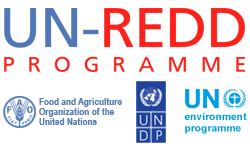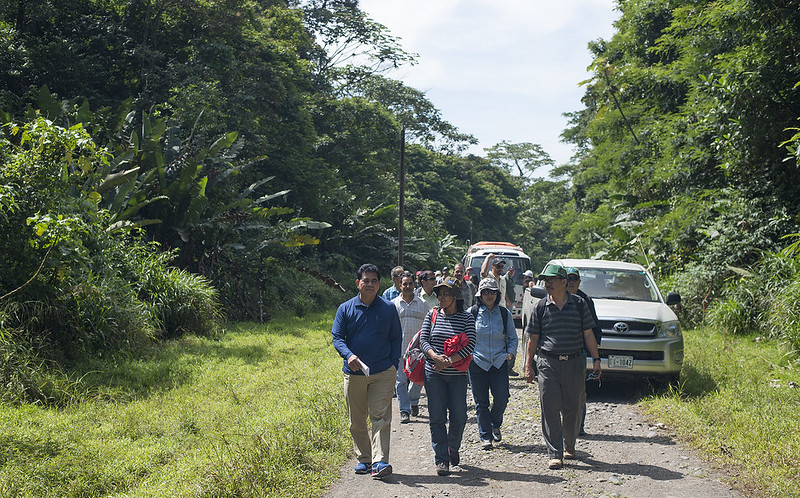
Results-Based Payments for REDD+ Benefit Communities in Costa Rica
Since 2015, Adilia Villalobos and Pedro García have managed a pesticide-free agroforestry project in Costa Rica. Finca El Jícaro, which includes a forest, a school and an ecotourism venture, is now known around the world for its exemplary biodiversity management. The project’s success is partly a result of the country’s pioneering National Payment for Environmental Services Programme (PES) which is funded through Costa Rica’s REDD+ Results-based Payment project, which in turn is funded by the the Green Climate Fund.
Creating their own sustainable agriculture experiment in a region full of pineapple farms was no easy feat for Adilia and Pedro. But with the support of the PES through the Forest Financing Fund (FONAFIFO) of the Ministry of the Environment and Energy (MINAE), they developed a pilot project to cultivate 550 organic pepper plants, or poró trees, along with 550 native tree species. Through hard work, creativity and resilience, they managed to turn Finca El Jícaro into an environmental wonder for their community and the ecosystem at large.
Costa Rica’s PES provides economic compensation to forest owners such as Pedro and Adilia and to community groups such as indigenous peoples, smallholders and female landowners for diverse ecosystem services such as greenhouse gas mitigation, protection of water sources, biodiversity protection and nature preservation for both tourism and science. Over the last five years, Finca El Jícaro has received about $1,600, contributing not only to improving the quality of life for those who live and work on the finca, but also to improving the overall ecosystem previously threatened by unsustainable agricultural production.
“I will not see the results of all this, but I feel committed to those to come,” says Pedro Garcia. “This will be the tiny lung through which my wife and I can contribute to the planet.”
In 2021, after just nine months of implementation, Costa Rica received $23 million as the first disbursement of funds under its GCF REDD+ RBP project for the delivery of outstanding results. Adilia and Pedro are among more than 4,000 forest landowners, including 1,100 women landowners and 2,200 smallholders, to benefit from the PES Program, protecting some 240,000 hectares of forest.
Technical advice from the UN-REDD Programme has been instrumental to Costa Rica in successfully accessing and implementing GCF RBPs, as is the case in Argentina, Chile, Colombia, Ecuador, Paraguay and Indonesia. Integrating benefit-sharing systems, such as payment for ecosystems services and social forestry programs, into REDD+ RBP projects supports local and indigenous forest conservation efforts and livelihoods, while enabling even greater emission reductions from the forest sector.

